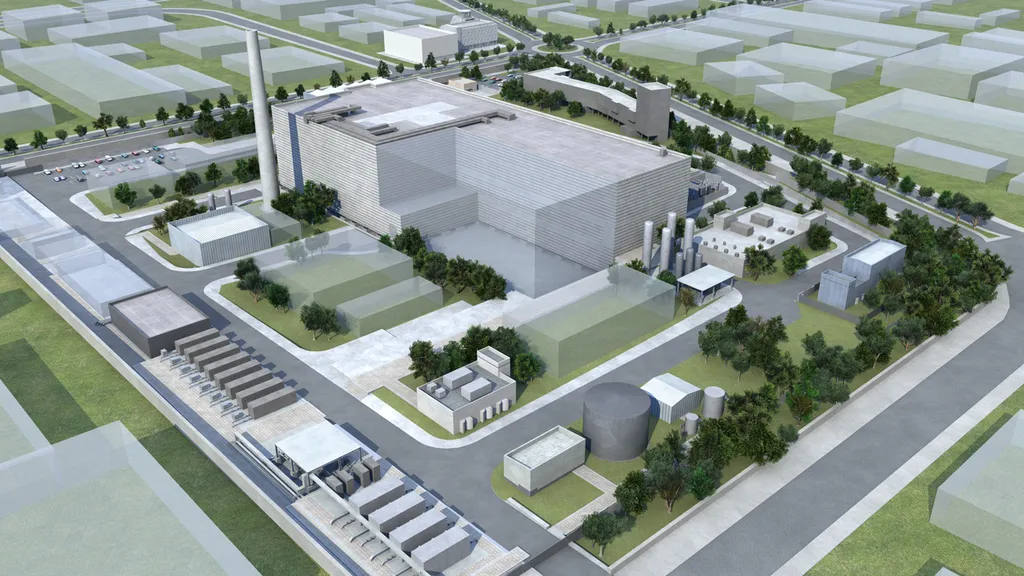In the heart of Granada, Spain, a groundbreaking facility is taking shape, promising to revolutionize the way we approach nuclear fusion materials research. The International Fusion Materials Irradiation Facility—DEMO Oriented Neutron Source (IFMIF-DONES) is not just another scientific endeavor; it’s a beacon of hope for the future of clean, sustainable energy. And at the forefront of this ambitious project is the challenge of maintaining and inspecting complex systems in a harsh, radioactive environment.
Enter remote handling (RH) maintenance, a critical aspect of IFMIF-DONES’s operations. Over the past five years, significant strides have been made in defining the maintenance activities required for this cutting-edge facility. The progress includes the development of maintenance strategies, the classification of components, and the design of a comprehensive remote handling system (RHS). This system encompasses all the equipment and tooling necessary to execute maintenance tasks safely and efficiently.
G. Miccichè, lead author from the ENEA Department of Fusion and Nuclear Safety Technology, emphasizes the importance of these advancements. “The maintenance of IFMIF-DONES systems and components is classified as a remote handling 1st class activity,” Miccichè explains. “This means we need to perform tasks over many years in a hostile environment, ensuring efficiency, safety, and reliability.”
The RHS design is currently undergoing validation through a wide-ranging experimental program. This program aims to validate the RH maintenance operations and the custom and special-purpose devices used to implement them. The ongoing and planned validation activities are crucial for the successful operation of IFMIF-DONES, ensuring that the facility can meet its goals of studying and qualifying structural materials under severe irradiation conditions.
The implications of this research extend far beyond the confines of the IFMIF-DONES facility. As the world grapples with the urgent need for clean energy solutions, the advancements in remote handling maintenance could pave the way for more efficient and safer operations in the nuclear energy sector. The ability to perform maintenance tasks in hostile environments without compromising safety could significantly enhance the commercial viability of nuclear fusion.
Published in the journal ‘Nuclear Fusion’ (translated from the original title), this research highlights the critical role of remote handling maintenance in the future of nuclear energy. The ongoing efforts to validate and refine the RHS design are a testament to the dedication and innovation driving the field forward.
As we stand on the brink of a new era in energy production, the work being done at IFMIF-DONES offers a glimpse into a future where clean, sustainable energy is not just a dream, but a reality. The advancements in remote handling maintenance are a crucial step towards achieving this vision, ensuring that the facilities of tomorrow are as safe and efficient as they are groundbreaking.

